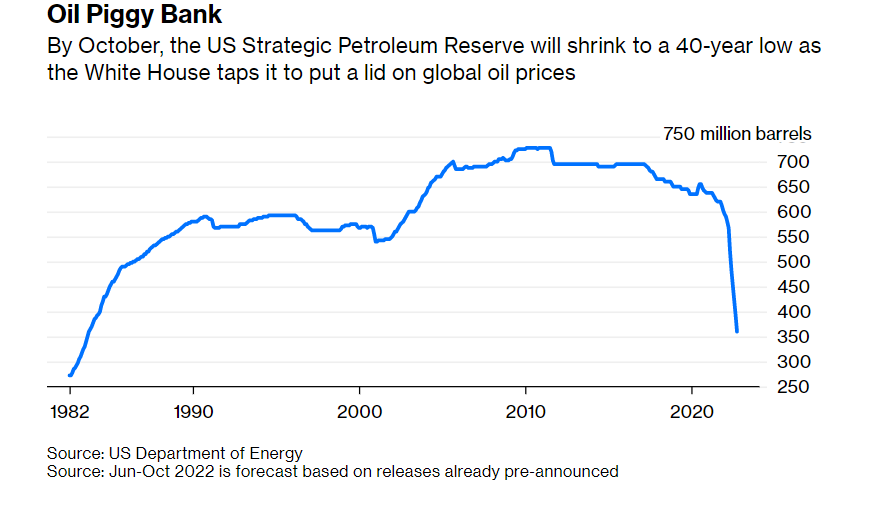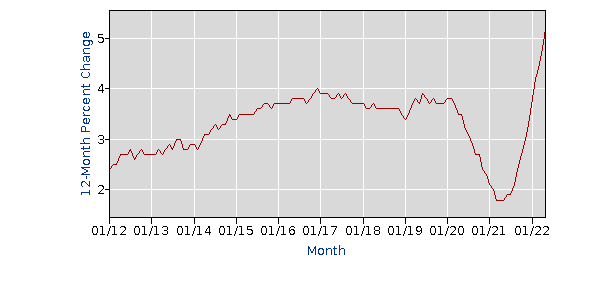July is the time of year when I do the budget for the coming year for my businesses. That’s the main reason why I didn’t post yesterday. Busy with business. From an inflation standpoint, things are actually looking more dire than they were last year. My property taxes are up 10%, my landscaping costs are up 15%, insurance costs up 21%, and interest (in dollars) on the mortgage is up 18% year over year.
In December, I posted about the increasing popularity of rent control. It turns out that Florida’s constitution and state laws make rent control a difficult prospect at best. So the communists in the blue counties are looking at other ways to make financial war on landlords. Miami-Dade is looking at requiring that tenants be provided government funded attorneys in landlord/tenant disputes. That also increases both the expense and risk for landlords. If that catches on, then there will be even more increases.
I predicted that landlords would find other ways to increase income without increasing rent. Things like fees for lawn maintenance, rental fees for appliances like washers and dryers, forcing maintenance costs like pressure washing on to the tenants.
It seems like I called it, because that is exactly what is happening. Landlords are passing these “extras” on to tenants, adding all sorts of fees on to the lease. These are costs that are associated with a rental property that tenants just don’t think about. Here is a complaint:
“Usually these increased costs do not come with increased services or amenities,” Rabin said. “They are often used as a way to deprive people.”
Take washers and dryers. Once common in rentals across Florida, now, many tenants rent not just their apartments and homes, but the appliances within it.
I don’t see how making you rent a washer and dryer is a way to deprive a tenant. A washer and dryer is an unnecessary convenience item that costs the landlord to both purchase and maintain. Many tenants destroy these appliances because, well, they just have no respect for the property of others.
The cost of buying and maintaining property is increasing. That includes opportunity cost. Let’s say that I bought a house for $200K. I can rent it out, or I can sell it. The only way that I would (and do) choose to rent is if I can get a better return on that investment by renting than by selling it. As housing prices rise, so do rent costs.
The same goes for appliances. Washers, dryers, kitchen appliances, they all cost money. In the past two years, I have had to replace a range, repair a refrigerator and a central air conditioner, and replace a dryer. That costs money that must be recouped. As appliance prices increase, so do my costs. As the cost of lawn maintenance and appliance repairs increase, so do my costs. That means higher fees and rent.
So far, I limit the fees on my rental property. I charge an application fee for each adult who will live at the property. That covers my cost to do the background and credit check. I provide a washer, dryer, and lawn maintenance. I pay HOA fees. The tenant provides for electric, water, and trash service. They also have to pay for cable TV and Internet service, if they so desire.
So how rents are priced is actually pretty straightforward: the amount that it costs me to maintain and rent the property is my base. That includes maintenance expenses, insurance, taxes, landscaping, administrative overhead, and legal expenses. To that, I add my expected return on investment. Since there is more risk than previous years, my expected return is around 8 percent. If I get much less, it is more profitable to sell. The resulting number is my rent.
What all of this means is that my rents this year will be increasing to reflect those added costs and risks. Last year, I increased rent on my rental property by 8%. This year, the increase will likely have to be around 9 or 10 percent.




